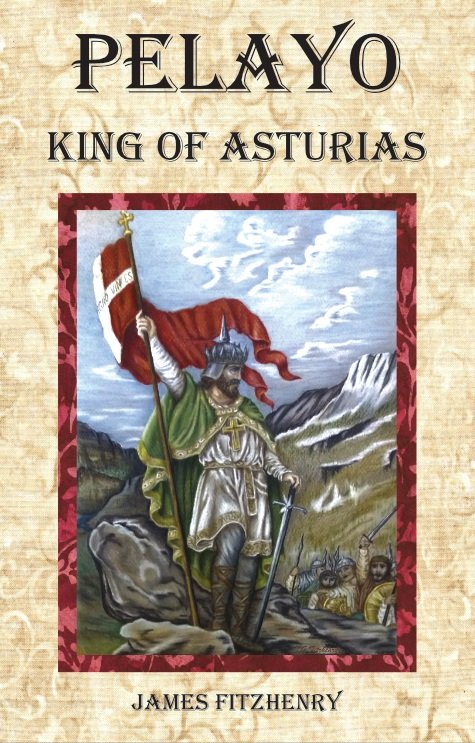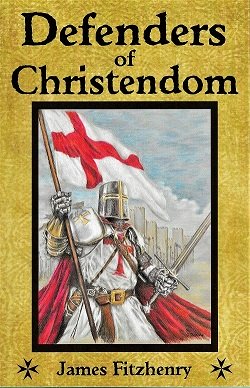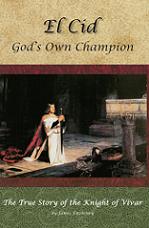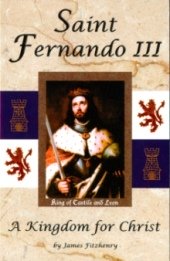John of Cetina
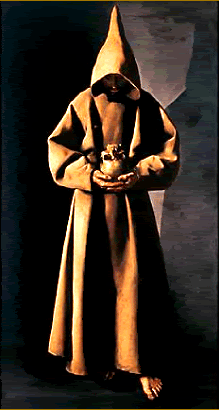
Blessed John of Cetina and Peter of Duenas, Martyrs, First Order
On a May morning many years ago, the city of Granada was astir early. Men, women, and children, yes, the king himself was awaiting the two Franciscan friars who would presently be dragged to the spot where they were to die because they had discussed and preached the Faith they loved. The crowd thickened and the tumult increased as the hour approached. Meanwhile, John of Cetina and Peter of Duenas were thanking God for the coming prize of martyrdom and giving their last moments to prayer.
In his earlier years, John of Cetina had been in the service of a nobleman of Aragon, living and rejoicing in the midst of every amusement that the world can offer to the young, with neither a thought nor a desire for anything higher and better. We are not told what led to his conversion. We know only that the moment came when he realized that he had been blind to the best of good things and that the favor of God was the one prize worth possessing. There was no half-hearted surrender. At once and without counting the cost, John severed all ties and retired to a secluded spot, where he could give himself wholly to penance and prayer and be taught by the Holy Spirit what God would have him do.
It was not long before he was inspired to become a son of St. Francis. He was admitted at the Franciscan convent of Monzon in Aragon, and in due time was professed there. After an interval, it was decided that John should devote himself to the work of preaching, and for the necessary study, he was sent to Barcelona.
Blessed John of Cetina and Peter of Duenas
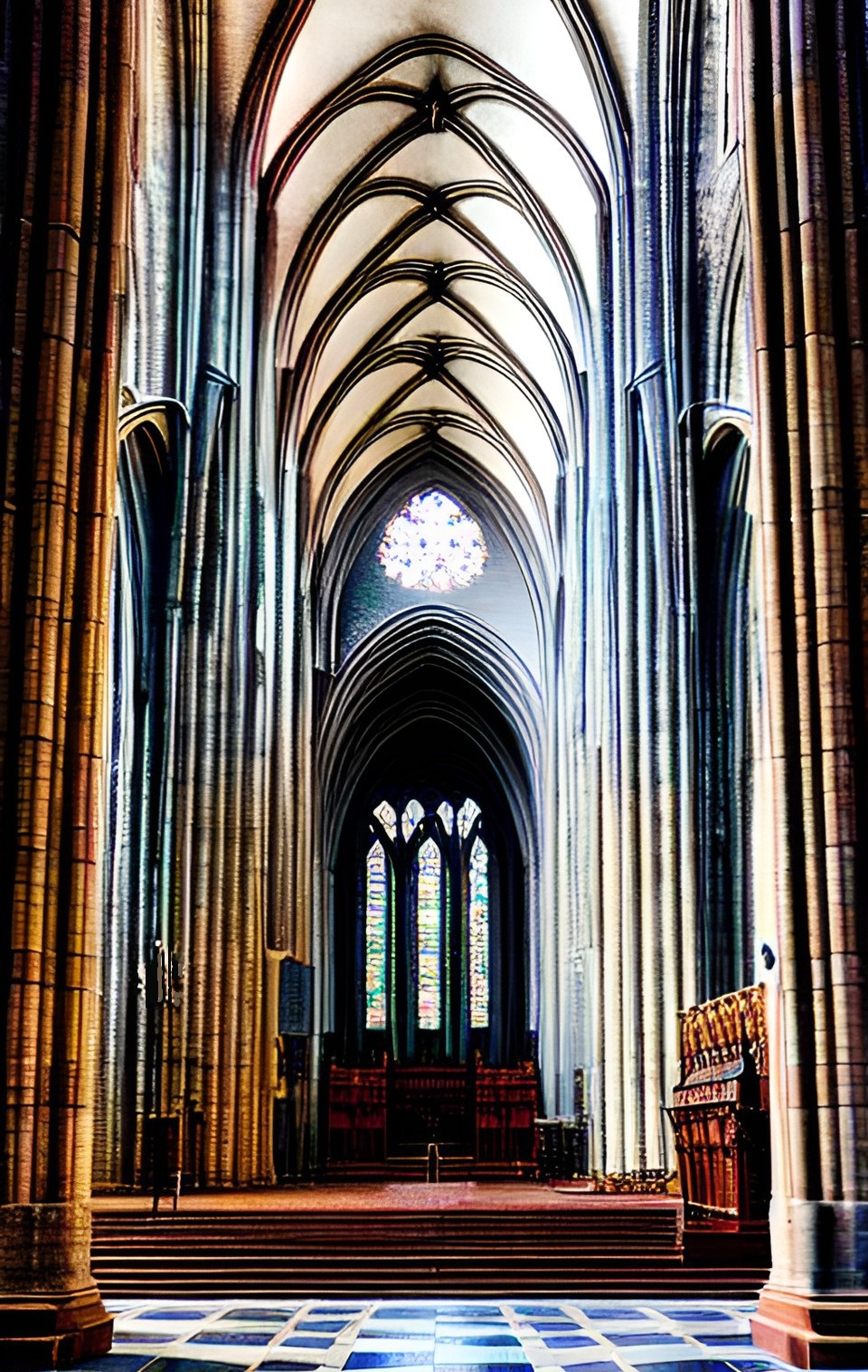
Then the news came of the death of four martyrs in the city of Jerusalem. Their constancy and love awakened a great longing in the heart of John to die in such a manner for Christ’s sake, so he went to Rome to obtain permission to go to Jerusalem. The pope gave him permission to preach the Gospel to unbelievers but bade him go to the Moors in Spain instead of to Jerusalem.
Arriving at Cordova, he asked leave of the Father Provincial to begin his work, but for the time being the superior deferred granting his request. Meanwhile, John applied himself to the normal convent life in a most edifying way.
Finally, the long-sought permission came. John was told that he might leave for the missions and take with him any friar whom he deemed most likely to be helpful. John was inspired to take with him Peter of Duenas, a mere youth of not twenty years, who inflamed with the same desire for martyrdom, had abandoned all the splendor of the court and joined the Friars Minor. In the world, Peter had been accounted a man who lacked reason and sense, but it was soon discovered that if he possessed no learning, nor even the power of acquiring it, he was in a rare degree gifted with virtue.
This, then, was the companion John singled out from among the many older and more experienced members of the community. Together they went to Granada to fight the powers of darkness. They entered the city, announcing that they had come to have the people open their hearts to Christ. There were some who listened and began to waver in their belief in Mohammed.
The caliph, however, had the friars summoned to his presence to learn for himself why they had come among his people. Simply, yet fearlessly, they declared it their sole purpose to preach the Faith of Jesus Christ and to point out the errors of Mohammedanism. The king sought to dissuade them from their purpose, but his flattery as well as his threats were all of no avail; the constancy and courage of the martyrs could not be weakened. So it was that on that May morning in 1397 John and Peter were led out to die.
The hand of the king himself severed the head of John from his body with one stroke of the sword, but even a heart like his had some commiseration for Peter. The king paused to give him one more chance at life, but the youth bravely withstood the temptation. Once more the king’s hand was raised. The sharp sword did its work, and Peter’s body lay bleeding on the ground while his soul mounted up to heaven.
The bodies of the two martyred Franciscans were dragged in their headless condition about the city. Later some Christians gathered their remains and entombed them with great honor in the cathedral of Vich. Because of the many miracles performed by them throughout Spain, devotion to Blessed John and Peter was approved by Pope Clement XII.
*from the Franciscan Book of Saints by Marion A. Habig, OFM
Now Available!!
Pelayo's resistance initiated the nearly 800-year-long Reconquista to take back his country from the ruthless invader who had conquered his homeland and sought to erase his culture and his faith. His actions would lay the foundations of a Kingdom for Christ that would eventually reach around the world and spread the Catholic faith to millions of souls. Read more...
Please help us continue to bring high quality books to our readers at the lowest possible price! Click the link below! Thank you!
Now Available!
Catholic Vitality Publications presents . . .Brand new by
James Fitzhenry
Now in paperback!
Battles - Honor - Miracles! This
book is filled with amazing stories of little-known Catholic heroes presenting
spectacles of bravery and valor never exceeded in all the annals of history. read more. . .
Now Available for $24.95
Also available:
Catholic Vitality Publications
Roman Catholic books currently published by Catholic Vitality Publications:
El Cid, God's Own Champion
-the amazing true story of the life of Rodrigo Diaz, El Cid!
Available for only $22.95
St. Fernando III
A Kingdom for Christ
- King St. Fernando III, born 100
years to the month after the death of
the Cid. His life was filled with miracles
and many conquests!
Available now for $26.95
Discounts available for bulk
orders and for bookstore
retail sales! Just contact us

